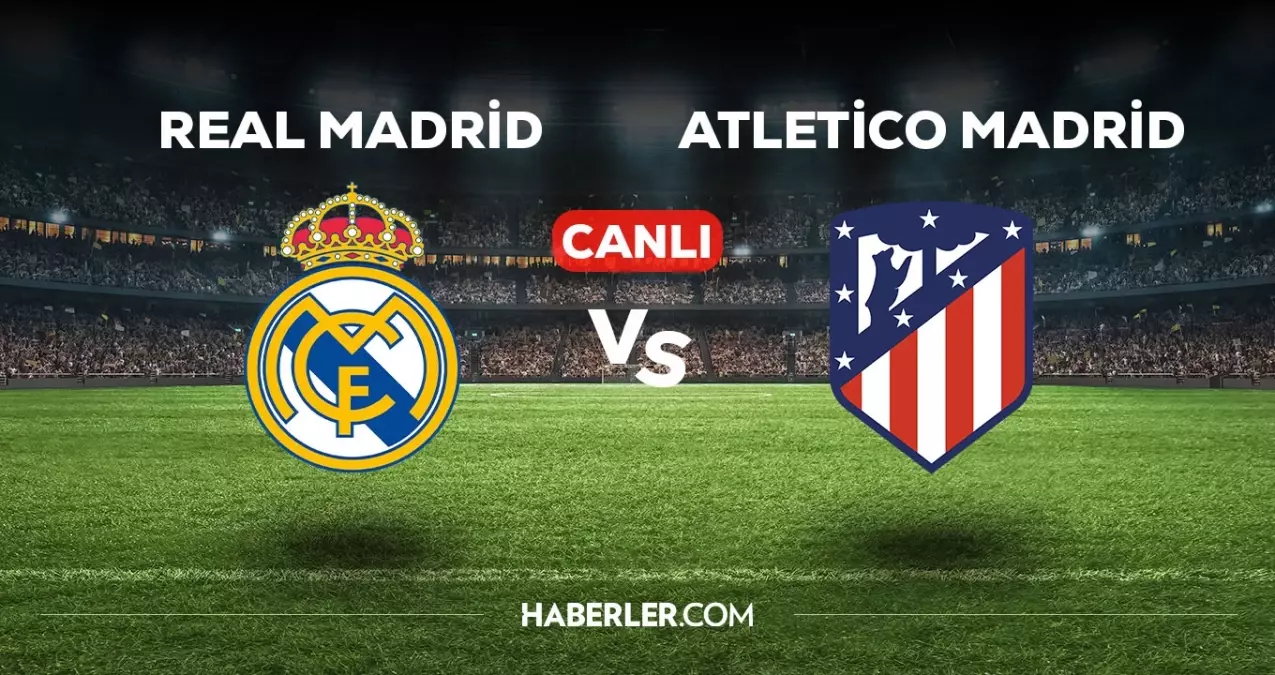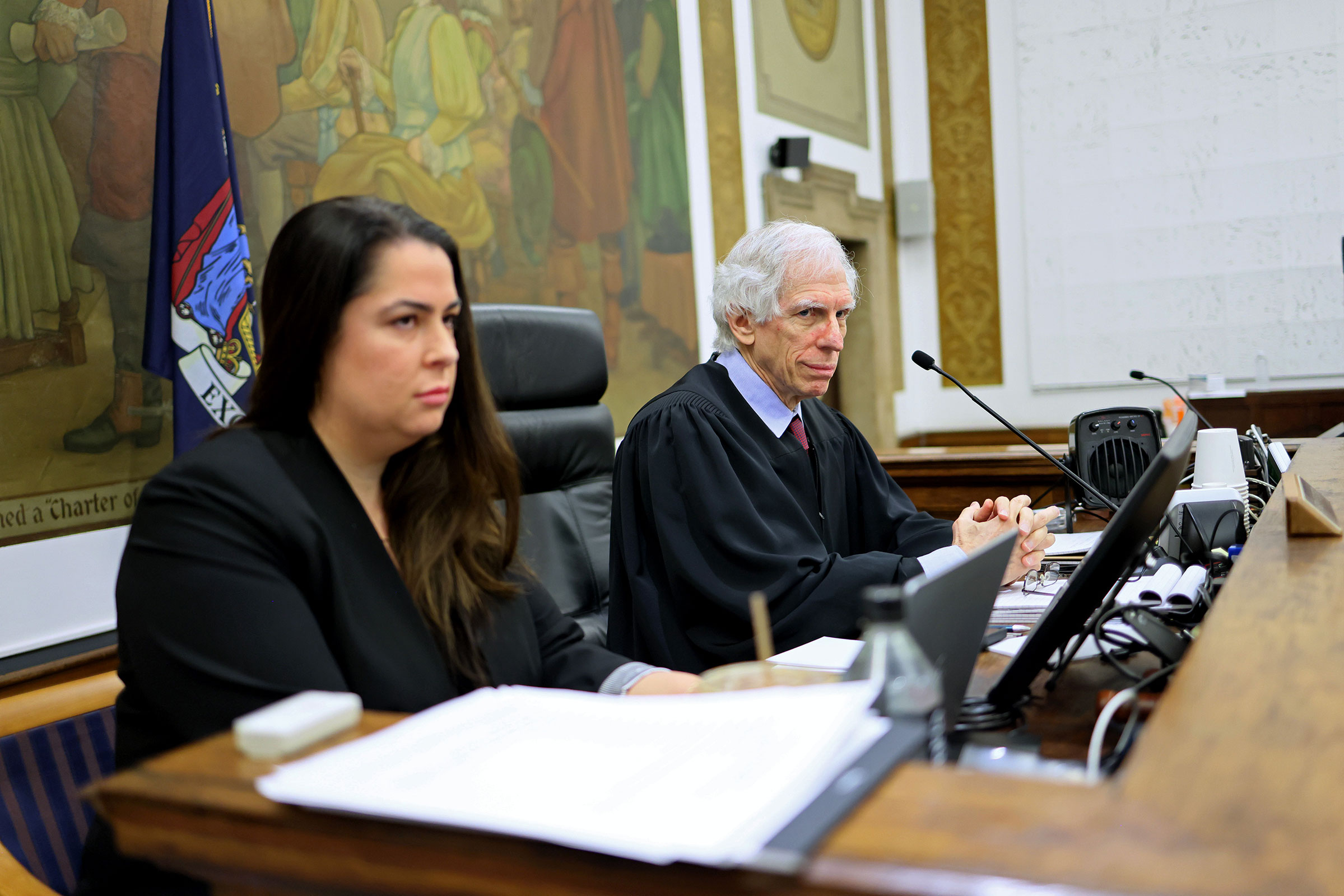The I/O Vs. Io Debate: How Google And OpenAI Are Shaping The Future Of Tech

Table of Contents
Google I/O: A Deep Dive into Google's AI and Innovation Ecosystem
Google I/O, Google's annual developer conference, consistently serves as a platform for unveiling groundbreaking advancements in AI and beyond. This year was no exception.
Focus on AI Advancements at Google I/O:
Google’s advancements in large language models (LLMs) are a cornerstone of its AI strategy. The improvements showcased at Google I/O demonstrate significant leaps in generative AI capabilities.
- Google AI's advancements in LLMs: Google highlighted the enhanced performance and capabilities of PaLM 2, the LLM powering Bard. This includes improvements in reasoning, coding, and multilingual capabilities. The emphasis on responsible AI was also evident, with discussions on mitigating biases and ensuring ethical development.
- Hardware and Infrastructure for AI: Google showcased advancements in its Tensor Processing Units (TPUs), crucial for powering its AI infrastructure. These advancements, coupled with improvements in Google Cloud computing, aim to make AI development more accessible and efficient for developers.
- Democratizing AI: Google continues its focus on democratizing AI through various AI tools and developer APIs. The expansion of its Google Cloud AI platform makes powerful AI capabilities accessible to businesses of all sizes, streamlining AI integration into diverse applications.
Beyond AI: Other Key Innovations at Google I/O:
While AI dominated Google I/O, advancements in other sectors were also noteworthy. Updates to Android, Wear OS, and the Google Pixel line, alongside advancements in software development tools, showcased Google's holistic approach to technological innovation.
OpenAI's Developer Events: A Focus on Model Advancements and Open-Source Initiatives
OpenAI, while lacking the formal, large-scale conference of Google I/O, regularly releases updates and holds events focused on its model advancements and open-source contributions. Its impact on the AI landscape is equally profound.
Analyzing OpenAI's Model Advancements:
OpenAI's progress in LLMs is characterized by a relentless pursuit of enhanced performance and safety.
- LLM Improvements: Updates to models like GPT-4 and DALL-E 2 showcased significant improvements in text and image generation, emphasizing both accuracy and creative potential. The OpenAI API makes these powerful models accessible to developers, fueling innovation across various sectors.
- New Models and Updates: The release of new models and substantial updates to existing ones demonstrates OpenAI's commitment to pushing the boundaries of AI capabilities. These advancements continue to redefine what's possible with AI-driven text, image, and code generation.
- Partnerships and Collaboration: OpenAI actively fosters partnerships with businesses and researchers, accelerating AI research and ethical considerations. This collaborative approach accelerates progress and promotes responsible AI development.
OpenAI's Strategy: Open-Source vs. Closed-Source
OpenAI's strategy is a fascinating blend of open-source and closed-source approaches.
- Open Source and Closed Source AI: The balance between open-source contributions and proprietary models reflects a strategic approach to fostering community involvement and maintaining a competitive edge.
- Impact on the AI Landscape: This dual approach has significant implications for the broader AI landscape, fostering innovation within the open-source community while maintaining control over its most advanced models. This contributes to both AI democratization and a fiercely competitive market.
The I/O vs. io Landscape: Comparing Approaches and Impact
The "I/O vs. io" landscape reveals distinct yet overlapping strategies. Google emphasizes a comprehensive ecosystem, integrating AI across its various services, while OpenAI focuses on delivering cutting-edge models and fostering a vibrant AI community. Both companies, however, face the same challenge: navigating the ethical implications of their advancements.
- Google vs OpenAI: The rivalry between Google and OpenAI is driving rapid innovation in AI, pushing the boundaries of what's possible. The future likely involves both collaboration and intense competition, shaping the AI landscape for years to come.
- Ethical Considerations: Both Google and OpenAI are actively addressing the ethical implications of their AI development strategies, recognizing the need for responsible AI and the mitigation of bias. These discussions are vital for shaping the future of AI and its societal impact.
Conclusion: Navigating the Future with I/O and io: Implications and Call to Action
The "I/O vs. io" debate is more than just a competition; it's a pivotal moment defining the future of AI and technology. Google and OpenAI, with their contrasting yet influential approaches, are shaping the tools and technologies that will redefine our world. Understanding this dynamic is crucial for anyone involved in or interested in the future of tech. Stay updated on the latest developments from both Google I/O and OpenAI's announcements to better understand the evolving landscape of AI and its implications for your life and business. Visit the official Google I/O [link to Google I/O] and OpenAI [link to OpenAI] websites for more information.

Featured Posts
-
 The Hells Angels A Look Inside
May 26, 2025
The Hells Angels A Look Inside
May 26, 2025 -
 Canli Futbol Atletico Madrid Barcelona Maci Anlik Sonuclar Ve Detaylar
May 26, 2025
Canli Futbol Atletico Madrid Barcelona Maci Anlik Sonuclar Ve Detaylar
May 26, 2025 -
 Jadwal Moto Gp Inggris 2025 Saksikan Race Dan Fp 1 Di Trans7
May 26, 2025
Jadwal Moto Gp Inggris 2025 Saksikan Race Dan Fp 1 Di Trans7
May 26, 2025 -
 Trumps Campaign Against Elite Law Firms Faces Another Judicial Defeat
May 26, 2025
Trumps Campaign Against Elite Law Firms Faces Another Judicial Defeat
May 26, 2025 -
 The Ultimate Guide To D C Pride 2024
May 26, 2025
The Ultimate Guide To D C Pride 2024
May 26, 2025
